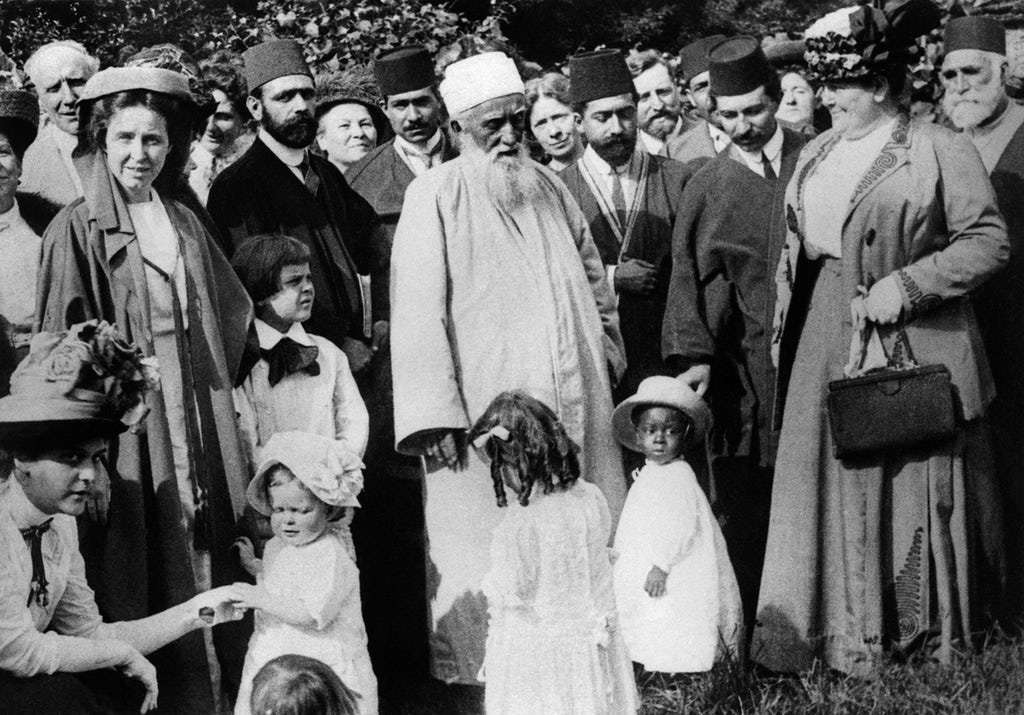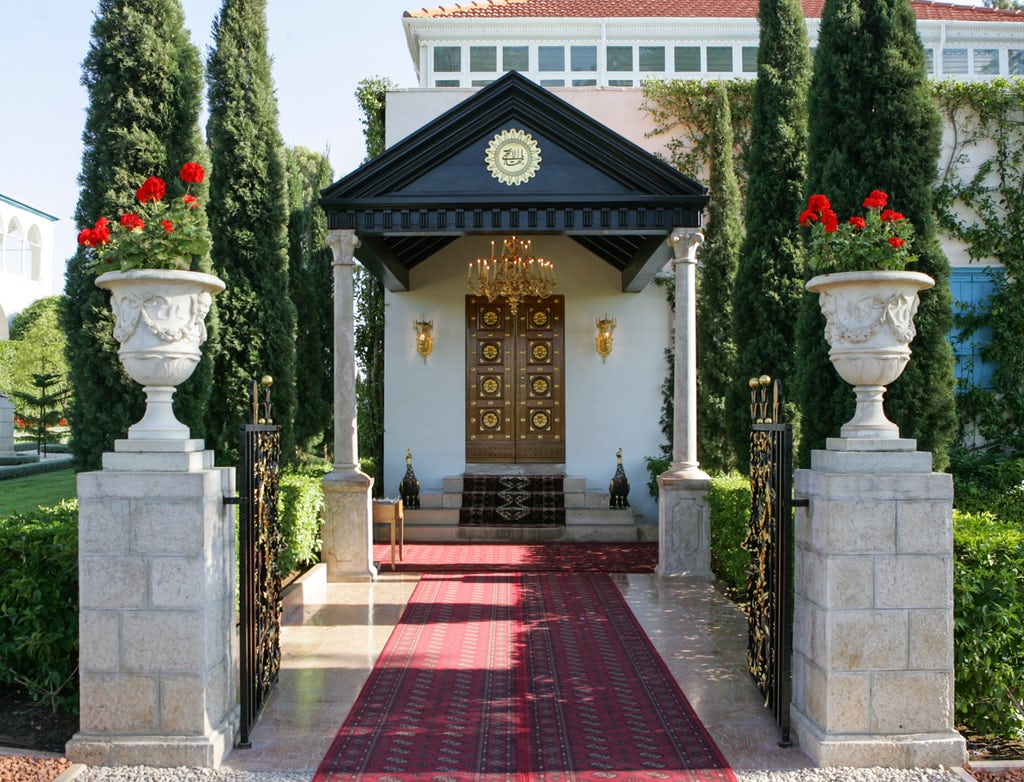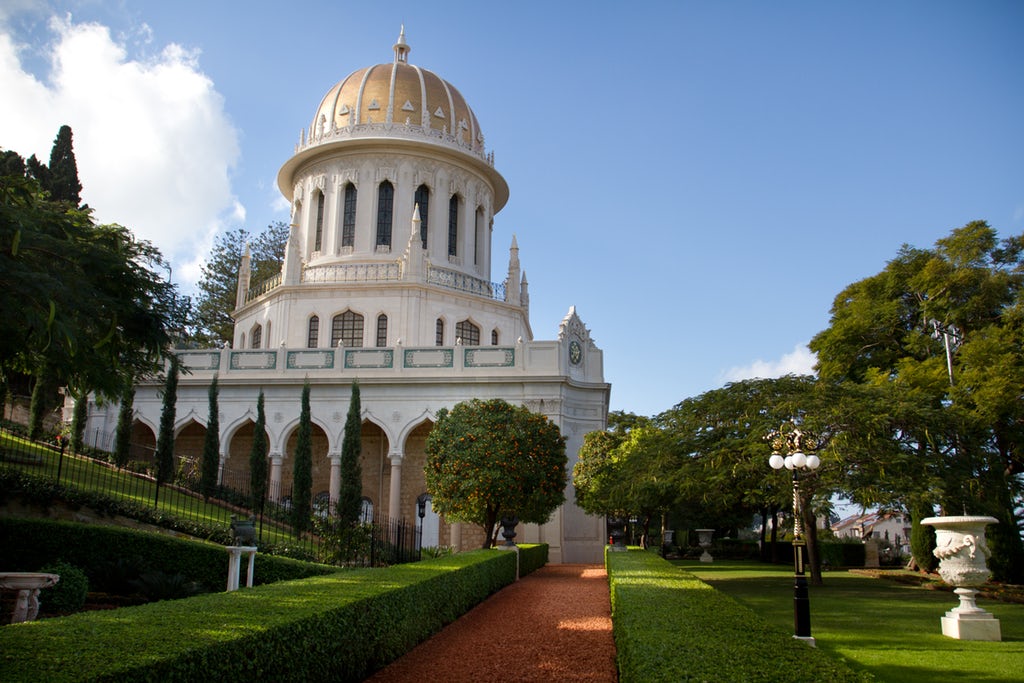The Prisoner and the Chief
After Baha’u’llah declared His mission in 1863, He and his companions were exiled for shorter terms in the cities of Constantinople and Adrianople, but the spread of His influence led them to be ultimately exiled to the prison city of Akka. It was a harsh imprisonment, and when they arrived, they were denied water and edible food. Two members of their group died of illness shortly after arrival and the guards refused to allow them to bury their bodies, eventually extorting money from the prisoners so that they could be buried in a shallow grave. In response to this imprisonment, Baha’u’llah addressed a Tablet to the “Chief”, one of the two ministers responsible for their exile and the harshness of their imprisonment. Though the Tablet is addressed to the minister, it is really addressed to us as he lays out how people should respond to these kinds of challenges in life. As part of that Tablet, Baha’u’llah tells the “Chief” a story to illustrate the true nature of life and how we should prioritize our attachment to it. The story is of a puppet show he attended while still a child living in Persia.
“When I was still a child and had not yet attained the age of maturity, My father made arrangements in Ṭihrán for the marriage of one of My older brothers, and as is customary in that city, the festivities lasted for seven days and seven nights. On the last day it was announced that the play “Sháh Sulṭán Salím” would be presented. A large number of princes, dignitaries, and notables of the capital gathered for the occasion. I was sitting in one of the upper rooms of the building and observing the scene. Presently a tent was pitched in the courtyard, and before long some small human-like figures, each appearing to be no more than about a hand’s span in height, were seen to emerge from it and raise the call: “His Majesty is coming! Arrange the seats at once!” Other figures then came forth, some of whom were seen to be engaged in sweeping, others in sprinkling water, and thereafter another, who was announced as the chief town crier, raised his call and bade the people assemble for an audience with the king. Next, several groups of figures made their appearance and took their places, the first attired in hats and sashes after the Persian fashion, the second wielding battleaxes, and the third comprising a number of footmen and executioners carrying bastinados. Finally there appeared, arrayed in regal majesty and crowned with a royal diadem, a kingly figure, bearing himself with the utmost haughtiness and grandeur, at turns advancing and pausing in his progress, who proceeded with great solemnity, poise and dignity to seat himself upon his throne.”
Baha’u’llah then goes on to recount more of the details of the show, with the ostentatious king presiding over the portrayal of a battle and the execution of a thief, after which the show ends with much fanfare, and He continues.
This Youth regarded the scene with great amazement. When the royal audience was ended, the curtain was drawn, and, after some twenty minutes, a man emerged from behind the tent carrying a box under his arm.
“What is this box,” I asked him, “and what was the nature of this display?”
“All this lavish display and these elaborate devices,” he replied, “the king, the princes, and the ministers, their pomp and glory, their might and power, everything you saw, are now contained within this box.”
I swear by My Lord Who, through a single word of His Mouth, hath brought into being all created things! Ever since that day, all the trappings of the world have seemed in the eyes of this Youth akin to that same spectacle. They have never been, nor will they ever be, of any weight and consequence, be it to the extent of a grain of mustard seed. How greatly I marveled that men should pride themselves upon such vanities, whilst those possessed of insight, ere they witness any evidence of human glory, perceive with certainty the inevitability of its waning.
Baha’u’llah then goes on to counsel us and all humanity.
It behoveth everyone to traverse this brief span of life with sincerity and fairness. Should one fail to attain unto the recognition of Him Who is the Eternal Truth, let him at least conduct himself with reason and justice. Erelong these outward trappings, these visible treasures, these earthly vanities, these arrayed armies, these adorned vestures, these proud and overweening souls, all shall pass into the confines of the grave, as though into that box. In the eyes of those possessed of insight, all this conflict, contention and vainglory hath ever been, and will ever be, like unto the play and pastimes of children.
Prison of Akka, courtesy of Baha’i Media Bank








